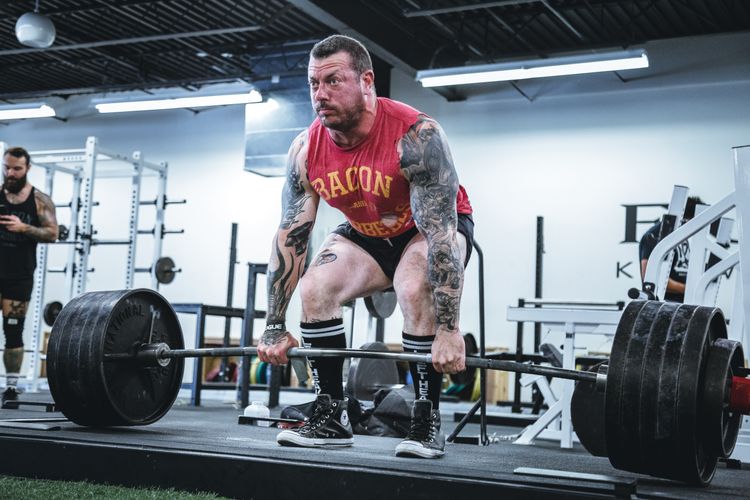Is Strongman Training Healthy?

As an enthusiast and a coach in the strongman world, one of the questions I'm frequently asked is, "is strongman healthy?" This question may seem simple, but it requires a thoughtful answer, as the response is a blend of yes and no. In the subsequent paragraphs, I will detail the pros and cons associated with strongman training, keeping in mind factors such as longevity, health benefits, and potential risks.
Strongman Training and Health Benefits
First and foremost, let's look at the brighter side. Practicing strongman training does offer numerous health benefits. These can range from physical to mental health improvements, each equally vital for overall well-being.
- Improved Cardiovascular Health: Strongman events often involve high-intensity, functional movements, which are excellent for cardiovascular fitness. This benefit cannot be overstated.
- Enhanced Muscular Strength: As the name suggests, strongman training is all about strength. Regularly performing the lifts and events can lead to significant improvements in overall muscular strength and size.
- Mental Toughness: Strongman isn't just about physical strength. The mental grit required to carry on despite fatigue can spill over into other areas of life, helping you become more resilient overall.
How to Use Strongman Training for Longevity
Does the phrase "strongman and longevity" pique your curiosity? Many people associate strongman training with extreme feats of strength, but it can also be a path to a long and healthy life when used correctly.
Strongman training focuses on functional movements that mimic everyday activities, like lifting, pulling, or carrying heavy objects. To use strongman training for longevity, it's critical to focus on form, consistency, and recovery. Adequate rest and proper nutrition also play crucial roles in ensuring that the body can continue to perform optimally over the long term.
Risks of Strongman Training
Despite the numerous benefits, there are inherent risks associated with strongman training. It's essential to be aware of these and take necessary precautions to minimize potential harm.
- Injury Risk: The most significant risk in strongman training is physical injury. Lifting heavy weights without proper form or training too much without adequate recovery can lead to injuries, some of which can be severe.
- Overtraining: Strongman workouts are intense, and without careful programming and ample rest, it's easy to fall into the trap of overtraining, which can harm both physical and mental health.
Training Strongman Safely
The key to unlocking the health benefits of strongman while mitigating the risks lies in training strongman safe. This involves a number of key steps:
- Start Slow: There's no rush. If you're new to strongman, start with lighter weights and focus on mastering the form before gradually increasing the load.
- Rest and Recover: Your body needs time to heal and grow stronger after workouts. Ensure you're getting enough sleep and eating a balanced diet.
- Listen to Your Body: If something doesn't feel right, stop. It's better to miss a few days of training than to risk a long-term injury.
In conclusion, while strongman training comes with risks, it also offers numerous benefits for both mental and physical health. The key is to approach it with a respect for your body's limits and a commitment to training safely. With the right approach, strongman training can certainly be a path to longevity and good health.
Please remember that individual results can vary. It's always advisable to consult with a healthcare provider or a professional trainer before embarking on any new fitness journey, particularly one as intense as strongman training. Stay safe, stay strong!





